The rapid rise of Dutch baritone Henk Neven is easy to explain. He is blessed with instant charm and the voice, still attractively youthful in his late 30s, emerges full-toned from his slight frame with a faint, fast vibrato that lends it a distinctive tang. The Neven sound is sturdy rather than flexible, which may help explain why the first half of his Wigmore Hall recital was more satisfying than the second.
We began in Spain, or at least in some foreign notions of that country. Two groups of Cervantes-inspired songs by French composers framed an absorbing septet of Canzone Scordate (“forgotten songs”), folk melodies – some barely scraps – that the Norwegian musicologist Arne Dørumsgaard collected and arranged during the latter half of the last century. They are instantly attractive, with occasional redolences of Bach chorales and even the English Hymnal, but with a shade too much going on in the piano.
Sung and played with little by way of interpretational variation, this was anonymous, unyielding Schubert
Neven’s regular recital partner, Hans Eijsackers, duplicated the singer's forthright tone in these arrangements – as he had already done in Ibert’s group of Quatre Chansons de Don Quichotte with its melismatically appealing opening setting of Ronsard’s “Chanson du départ de Don Quichotte” and the slow, habañera-tinged “Chanson de la mort de Don Quichotte”. The latter’s cabaret-like flavour, which Neven delivered with sensitivity and conviction, proved surprisingly moving despite sounding as though Jacques Brel had written the title track for a spaghetti western.
While Neven’s timbre suited all these settings there were hints of uncertainty in the higher register. Fortunately, or perhaps deliberately, few of his song choices led him far beyond the comfort of his middle range, but the “Chanson épique” from Ravel’s Don Quichotte à Dulcinéehad a worrying moment or two. More successful in this perfumed trio of Paul Morand settings were the pleasingly phrased strophes of the opening “Chanson romanesque” and the drunken swagger-stagger with which he imbued the “Chanson à boire”.
The dozen Goethe settings of Schubert that followed the interval were a disappointment. Sung and played with little by way of interpretational variation, this was anonymous, unyielding Schubert that only came to life when the mood arrived ready-formed at the musicians' feet, much as a stopped clock tells the right time twice a day. Thus Neven made "Ganymed" burst with life and found a perfect stillness in the two Wandrers Nachtlieder, while elsewhere there was little to hold the attention. Rarely can "Der Musensohn" have felt so stifled or the hair-raising "Erlkönig" been rendered so prosaically with little or no differentiation between its trio of voices. It took a well-chosen encore, Tchaikovsky’s ubiquitous setting of the Goethe-inspired "None but the Lonely Heart", to claw back some credit.

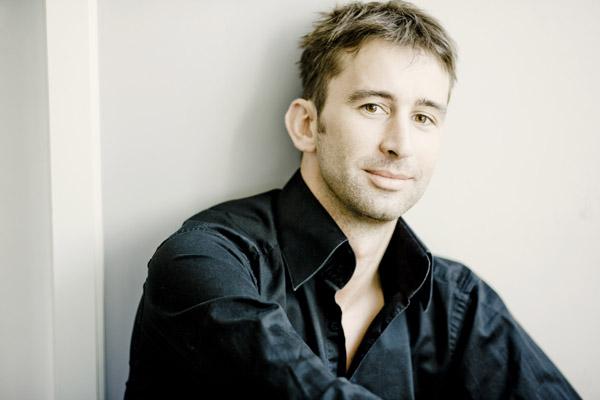

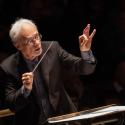



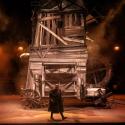
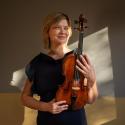
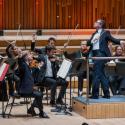

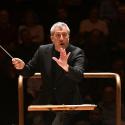
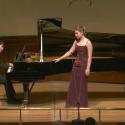
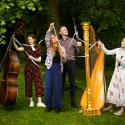
Add comment